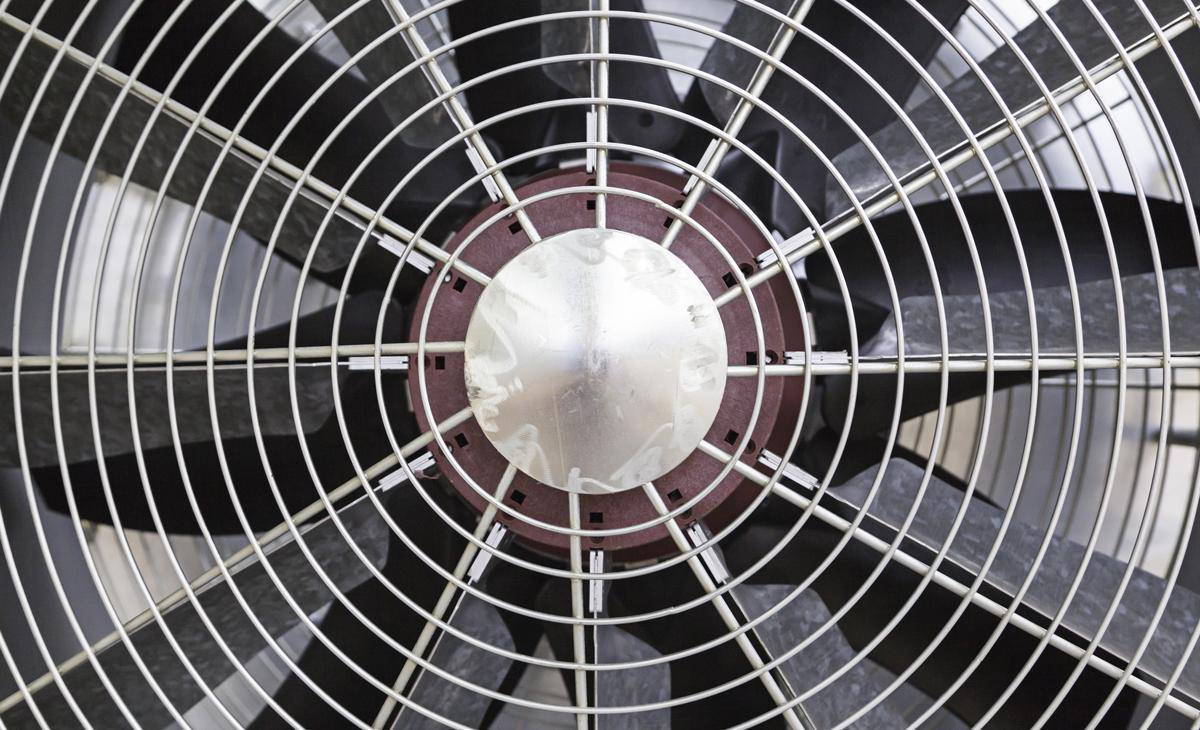Is A Commercial Fan Good To Cool My House?
One of our readers emailed us saying that their uncle was clearing out his shop and had a bunch of commercial fans. He's wondering if those can be used for ventilating his home or if he should stick to ones that are marketed for home use.

Answer:
Using commercial fans to cool your house can be tempting, especially when managing indoor temperatures during hot weather. In your case this even more compelling since it appears your uncle is giving you the fans for free. (High quality consumer fans can be quite expensive). However, this isn't as cut and dried as you might think. Here's an exploration of why this might seem like a good option, as well as some reasons it might be better to opt for a fan designed specifically for home use.
Why Using a Commercial Fan is a Good Idea
Power and Efficiency: Commercial fans are designed to move large volumes of air, making them highly efficient for cooling large spaces quickly. This can be particularly advantageous in open-plan areas or rooms with high ceilings.
Durability: These fans are built to withstand prolonged use in demanding environments, translating to longer lifespan and better reliability than some household fans.
Versatility: Many commercial fans come with features such as variable speeds, high air output, and rugged construction, making them useful in a variety of settings, not just at home.
Why It's Better to Buy a Fan Designed for Home Use
Noise Levels: Commercial fans are often much louder than residential fans because they are designed for environments where noise is less of a concern. This can be disruptive in a home setting, especially in living areas or bedrooms.
Size and Aesthetics: Commercial fans typically have a utilitarian design and are larger and bulkier, which might not blend well with home decor. They also take up more space, which can be inconvenient in smaller rooms.
Energy Consumption: While powerful, commercial fans can consume a lot of energy, potentially increasing your electricity bills more than a residential fan designed for energy efficiency in home environments.
Safety and Features: Fans designed for home use often come with features such as timers, remote controls, and oscillation that enhance user convenience and safety, which commercial fans might lack.
Comparison Table: Commercial Fan vs. Residential Fan
| Feature | Commercial Fan | Residential Fan |
|---|---|---|
| Air Flow | High volume, efficient cooling | Adequate for room sizes |
| Noise Level | High (potentially disruptive) | Lower, more suitable for living spaces |
| Design | Bulky and utilitarian | Compact and designed to fit decor |
| Energy Usage | High (more costly in the long run) | Lower, energy-efficient models available |
| Additional Features | Fewer (mainly industrial-focused) | Many, including safety and convenience features |
Considering these points, it's clear that while a commercial fan can be effective in certain residential scenarios for everyday home use, a fan specifically designed for residential settings typically offers a better balance of convenience, efficiency, and comfort.
Ultimately I think it comes down to how you plan to use the commercial fan in your home. Is it primarily to cool our dry out your basement .. a place where aesthetics and noise isn't a factor? Or are you looking to place it in your kitchen to help eliminate heat from your oven and other cooking appliances? In that latter case, aesthetics, size, and loudness are much more of a factor compared to something where your fan is sitting away from where people are working and playing.
Hopefully this is helpful!